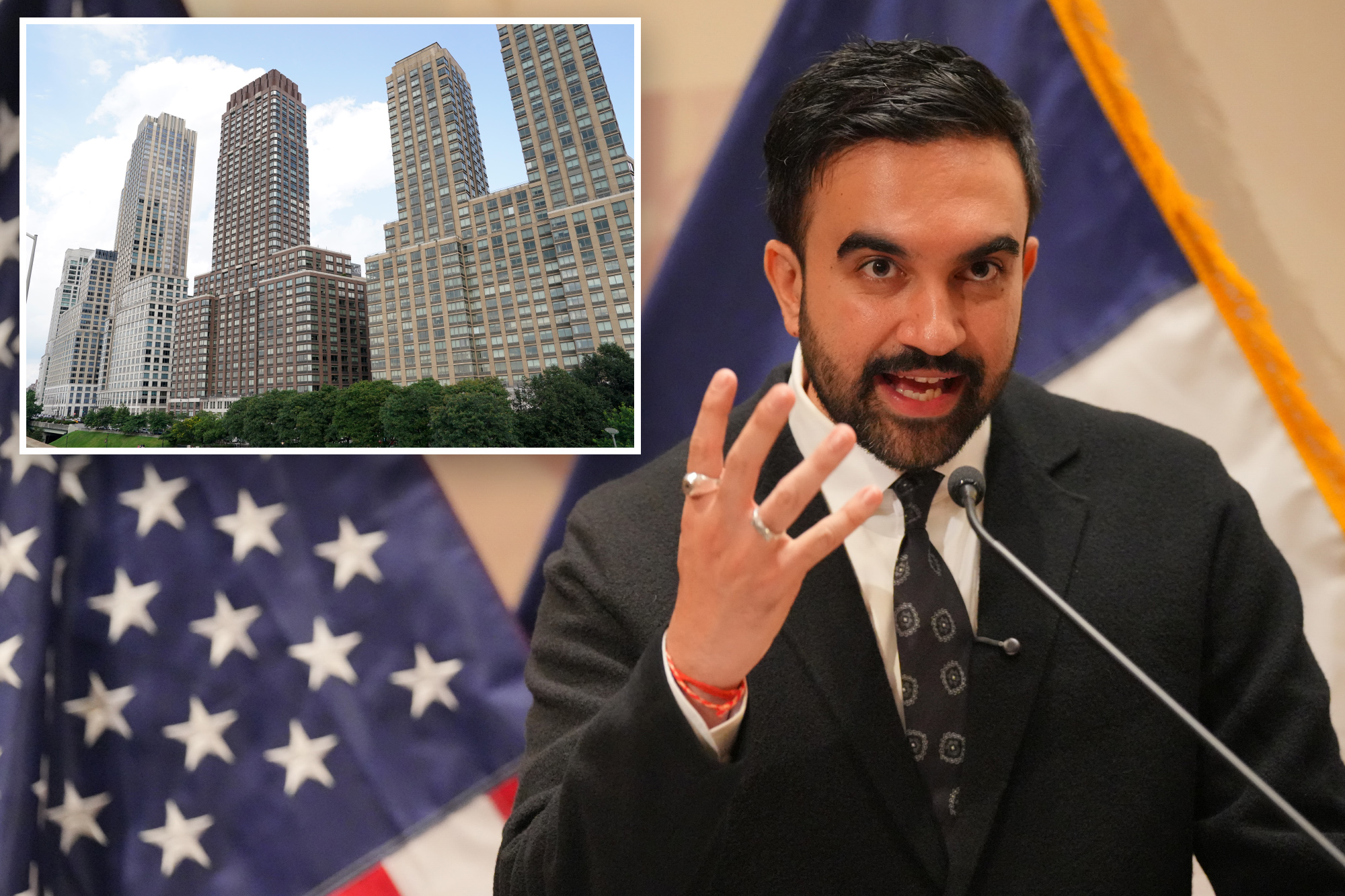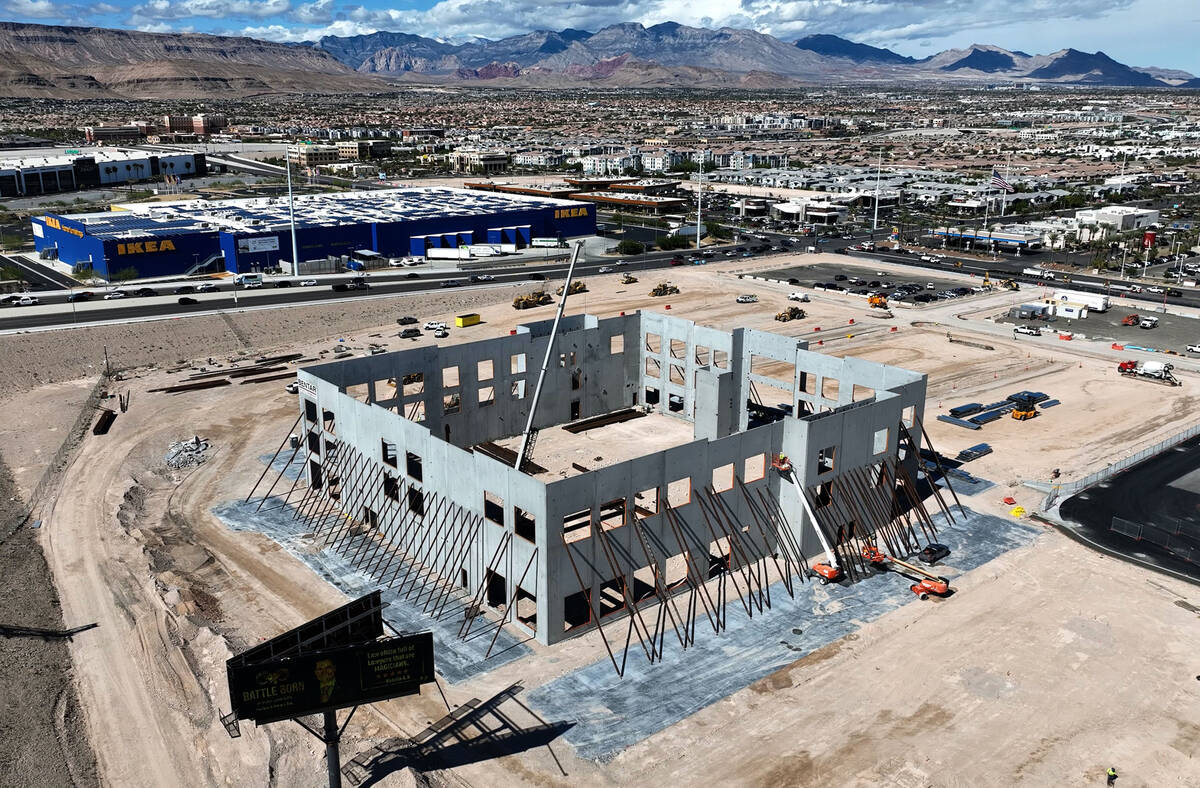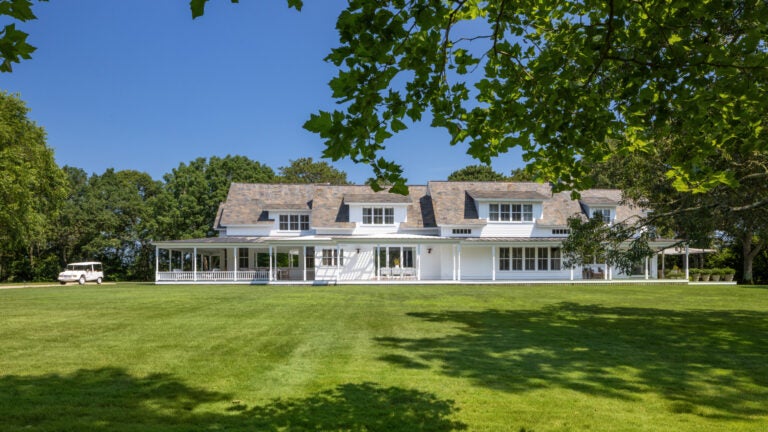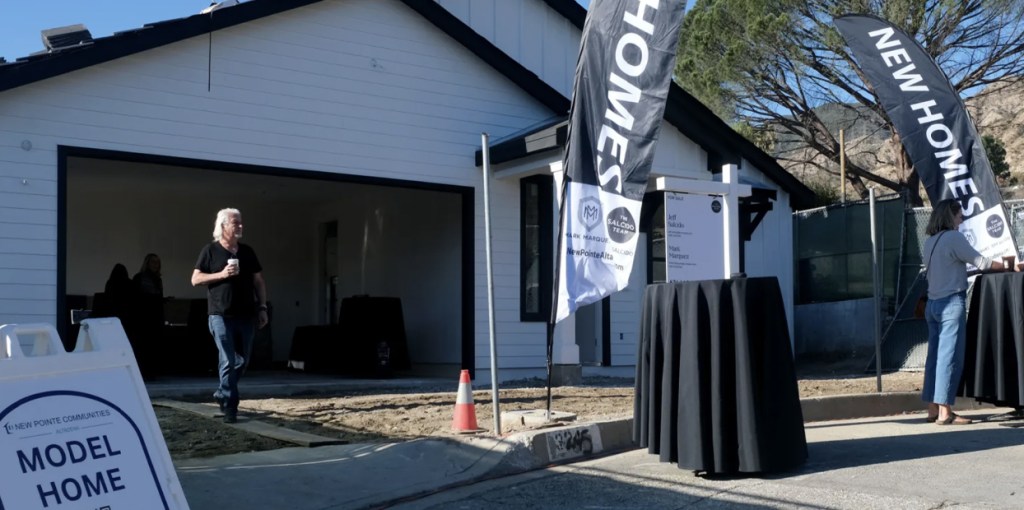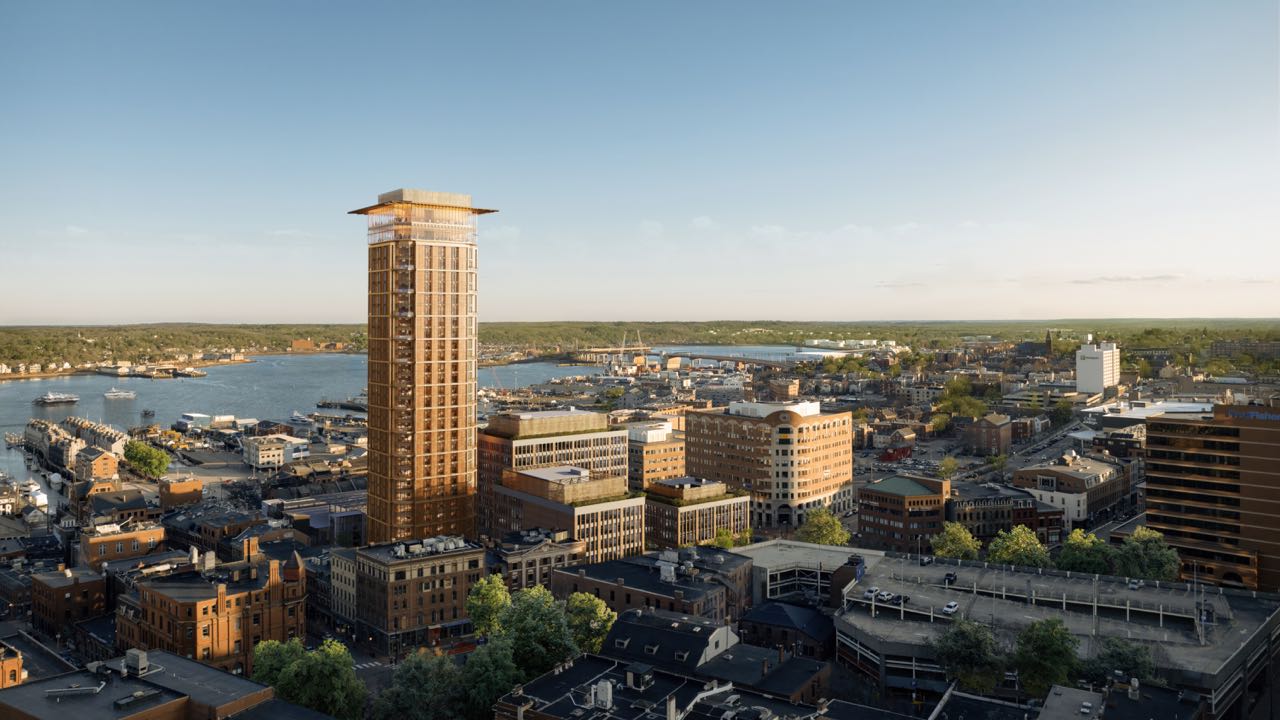J
ust before socialist Zohran Mamdani won the mayoral race, Manhattan’s rental market hit near‑record highs. In October the median rent for new leases was $4,600—a 7.1 % jump from last year and 1.1 % month‑over‑month, according to Miller Samuel Inc and Douglas Elliman. That figure ranks third on the all‑time list, surprising residents who usually see a fall‑season dip.
Other boroughs mirrored the trend. Brooklyn’s median lease price reached $3,850, up 6.9 % YoY and also the third‑highest recorded. In northwest Queens—including Astoria and parts of Long Island—the median climbed to $3,598, a 7.4 % increase from the previous year.
Despite the scarcity of available units, demand remained strong in October, pushing rents higher, said Jonathan Miller, president of Miller Samuel. Mamdani’s platform centered on affordability: a freeze on rent‑stabilized units, free bus service, and the opening of city‑owned grocery stores.
Renters now make up two‑thirds of New York City’s population, and the cost of living has become a key issue in recent elections. An NBC News exit poll found that 72 % of New Yorkers identified housing costs as a major concern. Across the country, Democratic candidates like Mikie Sherrill and Abigail Spanberger won gubernatorial races, reflecting the national focus on affordability.
Wall Street expressed worry that Mamdani’s proposal to tax the wealthy could trigger a flight of affluent residents. Miller countered that October’s robust leasing and home‑sale activity indicates no exodus. “If people were leaving, we wouldn’t see rising rents and active transactions,” he explained.
In the luxury segment, the median price for new Manhattan apartments hit $11,995 in October, a 20 % rise from a year earlier. Mamdani’s YIMBY agenda promised 200,000 new union‑built units, aiming to accelerate affordable housing development.
The mayor‑elect will benefit from ballot measures passed on Election Day that grant the mayor more authority to streamline the notoriously slow approval process for new housing. Mayor Eric Adams had already advanced these proposals despite opposition from City Council members.
